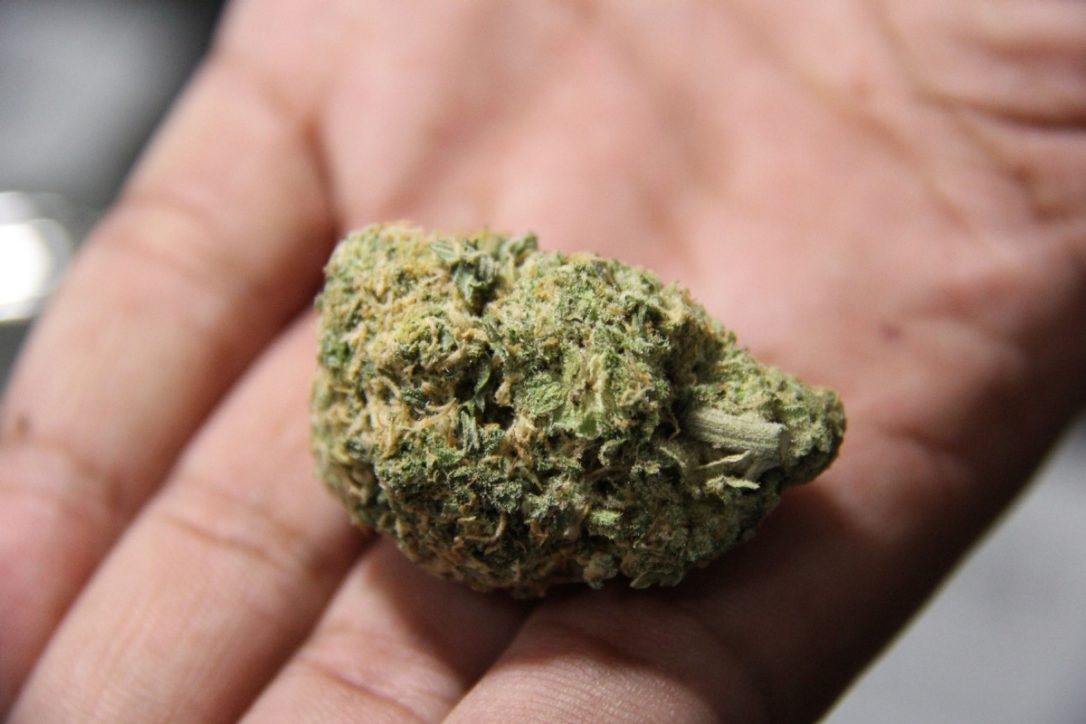The trillium is Ontario’s official flower and marijuana could now be considered the province’s official weed with the passage of the Cannabis Act.
Liberals and New Democrats voted in favour of the legislation Tuesday while the Progressive Conservatives opposed it. The tally was 63 MPPs for the bill and 27 against.
The legislation gives Queen’s Park a monopoly on recreational marijuana when the federal government’s legalization takes effect on July 1.
Weed will only be sold by the Ontario Cannabis Retail Corporation, a subsidiary of the Liquor Control Board of Ontario.
Starting next summer, the OCRC will operate 40 stand-alone marijuana shops, increasing to 150 stores by 2020.
Green Party Leader Mike Schreiner said he doubts the legislation will put much of a dent in the illegal, underground market.
“It’s obvious that opening only 40 LCBO-run stores in all of Ontario next year to retail cannabis will do virtually nothing,” he said.
“Instead of trying to drive existing dispensaries out of business, the government should allow them to apply to become legal and heavily regulated retailers of cannabis.”
The first 14 municipalities that will be home to the shops are in Toronto, Mississauga, Brampton, Vaughan, Barrie, Kingston, Kitchener, London, Ottawa, Sault Ste. Marie, Sudbury, Thunder Bay, and Windsor.
Staff at the stores, like LCBO outlets, will be specially trained members of the Ontario Public Service Employees’ Union.
There will no self-service at the shops, where marijuana will retail for $10 a gram. It will be sold from behind the counter to patrons 19 and older.
Online sales will also be controlled by the OCRC, which is still developing its branding for the stores.
The remaining illegal storefront “dispensaries” still operating will be forced out of business under threat of cash fines of up to $1 million and jail terms as long as two years less a day.
Ontarians of age will, however, be permitted to grow up to four cannabis plants for personal use.
The legislation passed one day after Ottawa and the provinces forged a revenue-sharing agreement.
Under the deal, the provinces will get a 75 per cent share of recreational cannabis tax revenues.
That got a joint thumbs-up from the premiers of Ontario and Quebec on Tuesday.
“I’m happy with the position. Provinces and municipalities will have many more costs than the federal government,” Ontario Premier Kathleen Wynne said at a confederation conference in Toronto.
Her Quebec counterpart said he is also “happy” with the deal.
“It’s obvious that we’ll have to share our share,” Quebec Premier Philippe Couillard said at a news conference with Wynne.


